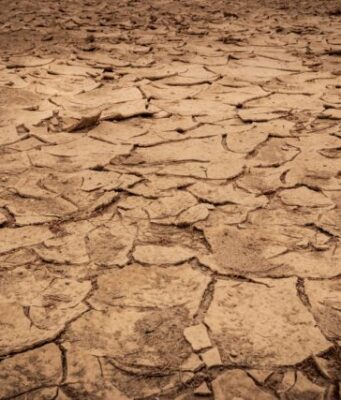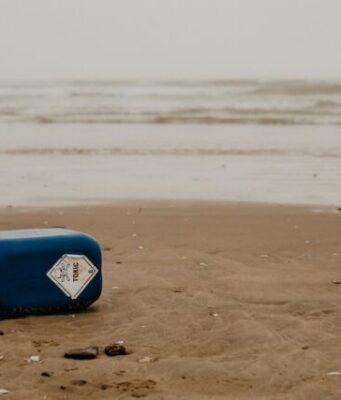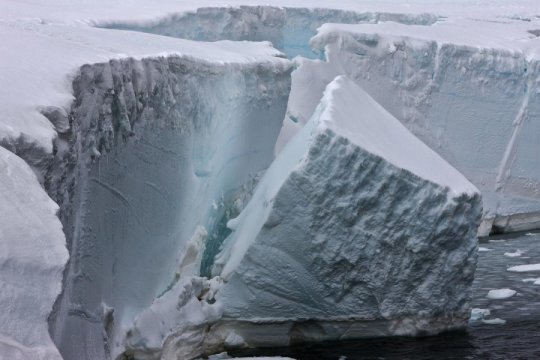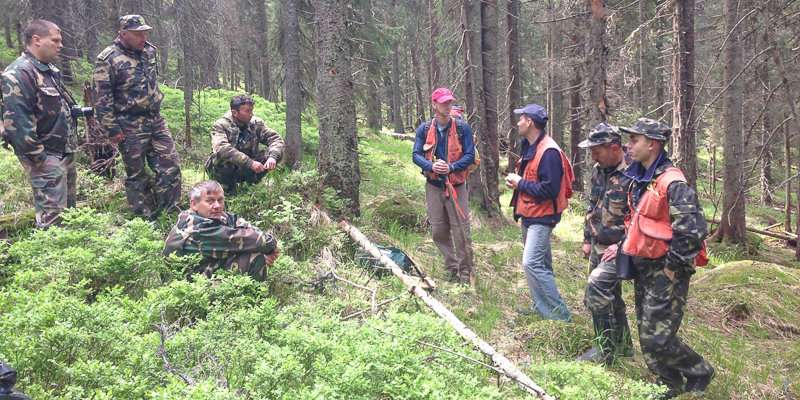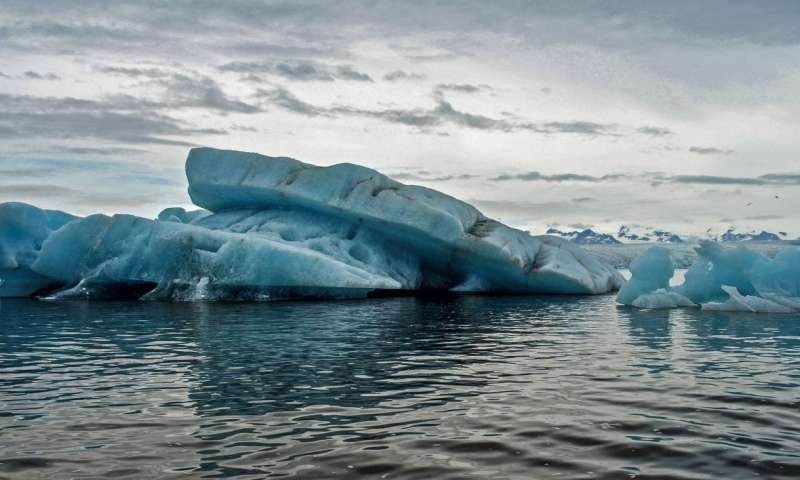Storm-driven ocean swells have triggered the catastrophic disintegration of Antarctic ice shelves in recent decades, according to new research published in Nature today.
Lead author Dr Rob Massom, of the Australian Antarctic Division and the Antarctic Climate and Ecosystems Cooperative...
Many coral reefs will be unable to keep growing fast enough to keep up with rising sea levels, leaving tropical coastlines and low-lying islands exposed to increased erosion and flooding risk, new research suggests.
An international team, led by scientists...
A new Duke University-led study has found widespread uranium contamination in groundwater from aquifers in 16 Indian states.
The main source of the uranium contamination is natural, but human factors such as groundwater-table decline and nitrate pollution may be exacerbating...
Fossil fuel stocks have long been a safe financial bet. With the International Energy Agency projecting price rises until 2040, and governments prevaricating or rowing back on the Paris Agreement, investor confidence is set to remain high.
However, new research...
Sometime around 3600 BC, people in the Balkan peninsula reached a major milestone: their mining and metal smelting created enough pollution for us to detect it today. Our research has revealed this was the beginning of the Bronze Age...
Hazardous chemicals such as bromine, antimony and lead are finding their way into food-contact items and other everyday products because manufacturers are using recycled electrical equipment as a source of black plastic, according to a new study.
The substances are...
Though you might read about deep, dark woods in fairy tales, the prevailing story today is that very little European old-growth forest remains. But now a new study—and map—shows that a surprising number of these primary forests still stand.
"What...
Limiting global warming to 1.5°C could avoid around 3.3 million cases of dengue fever per year in Latin America and the Caribbean alone—according to new research from the University of East Anglia (UEA).
A new report published today in the...
Critically endangered South American forests thought to be the result of climate change were actually spread by ancient communities, archaeologists have found.
Huge swathes of land in Chile, Brazil and Argentina are covered with millions of Araucaria, or monkey puzzle...
A new global, satellite-based study of Earth's freshwater distribution found that Earth's wet areas are getting wetter, while dry areas are getting drier. The data suggest that this pattern is due to a variety of factors, including human water...
Something strange is happening with a now-banned chemical that eats away at Earth's protective ozone layer: Scientists say there's more of it—not less—going into the atmosphere and they don't know where it is coming from.
When a hole in the...


